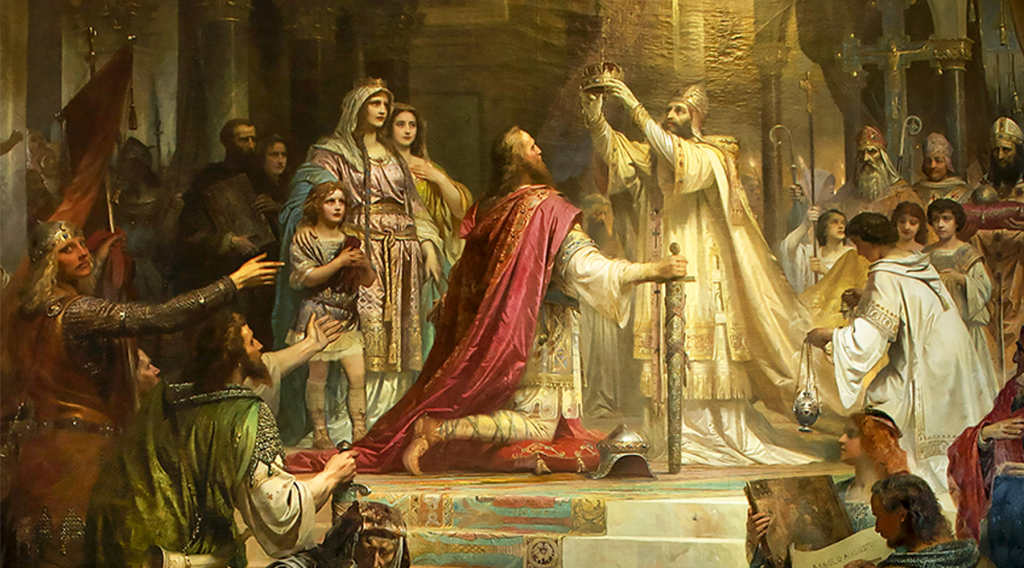The first foundation of Christendom is that reality is grounded in God. Even if one locates the foundation of political order specifically in natural law, this law reveals the God who created nature and mankind in the first place. Second, the nature and history of mankind climax in the public personage of Jesus Christ, who at His ascension, claimed that “all authority in heaven and on earth” had been given to Him (Matt. 28:18). All authority has always been subject to and grounded in God. Now, according to a providential and historical exercise of that authority, God Himself has identified the risen Prophet, Priest, and King of our world to be over all other authorities. He is the King of Kings. All things are His inheritance (Psalm 2).
Login to read more
Sign in or create a free account to access Subscriber-only content.
Topics:
